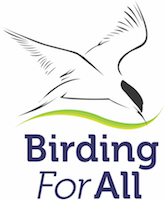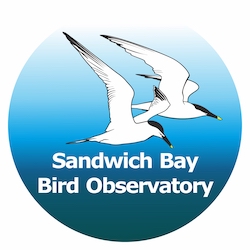GOB 80 – Organics
(This article first appeared in the August 2016 edition of ‘Birdwatching’ magazine)
My food bill has risen and I’m glad!
We recently decided to change what we eat. I’m still a non-meat eater married to a carnivore and we still shop at the same supermarkets. The difference is that we have gone over to only buying organic veg and in my wife’s case meat. Moreover, wherever possible (and it sometimes adds half an hour to the average shop) we want British grown organic food.
If you only eat stuff that isn’t injected with antibiotics, growth hormones, and worse, or grown with the aid of enough chemicals to stock a virtual outdoor science lab, then you are unlikely to be ingesting them second hand.
I still have a sneaking suspicion that eating organics is healthier for us, despite the research a year or two back claiming there is no difference. But the decision was prompted not by our own health so much as that of birds and other wildlife. So, while I don’t mind aiding the health of Peruvian Pigeons or Polish Plovers, I’d rather be helping good old British Bullfinches and, perhaps even more importantly, putting the buzz back into British Bees!
It has become ever more apparent that pesticides are nowhere near as ‘targeted’ as manufacturers claim. Bees and other pollinators face a double jeopardy… often they will die the instant they are caught in the spray. However, even more insidious is the effect some pesticides have in the slightly longer term. Two of the worst culprits, neonicotinoids and coumaphos damage their brains so that they ‘forget’ flora scents or collection routes. Carried into the hives they effect the growing larvae, over time populations drop or loose their effectiveness as pollen collectors and the swarm slowly dies off, long after the initial contact with the poisons. Short-term profits lead to wholesale use of chemicals that could lead to our own doom too, so even those who care nothing for animal life should start to worry.
Right now of course we are all squeezed financially, our farmers barely survive supermarket diktats and overseas competition and many families survive only through their visits to food banks. Those of us who are less strapped have no excuse and have to lead the way. If we all started to demand home-grown wildlife friendly food and shopped British whenever we can, we could make a difference. Our government spends huge amounts of our money subsidising all the wrong sorts of farming practice… if we could edge that sideways a bit it could make a tremendous difference.
But bringing pressure to bear on government, retailers and agri-business is not enough when even those of us who care can be ignorantly poisoning ourselves and our garden critters.
Given that our collective garden is a huge percentage of the nation and of overwhelming importance to birds in particular, its incredible that so many of us feed birds and yet at the same time poison ourselves and them by the wholesale use of one of the worst chemical coshes about – glyphosate! The chemical kills weeds by disrupting their ‘shikimic acid pathways’, preventing them from growing and producing new cells. When ingested by mammals (us) it disrupts the production of a vital enzyme called cytochrome P450 the function of which is to help us detoxify. This in turn can lead to the build-up of toxins that cause a whole gamut of organ damage. Moreover, our gut bacteria have shikimate pathways so their growth is disrupted too. This is not only likely to lead to stomach upsets, but may even effect our overall health as its thought that these bacteria are part of our bodies’ immune mechanisms.
I doubt many of you set out and to buy this noxious chemical… but take a look at the content list on the back of the most advertised and widely used garden weed killers and you are sure to find it there.
Hear the Podcast:





